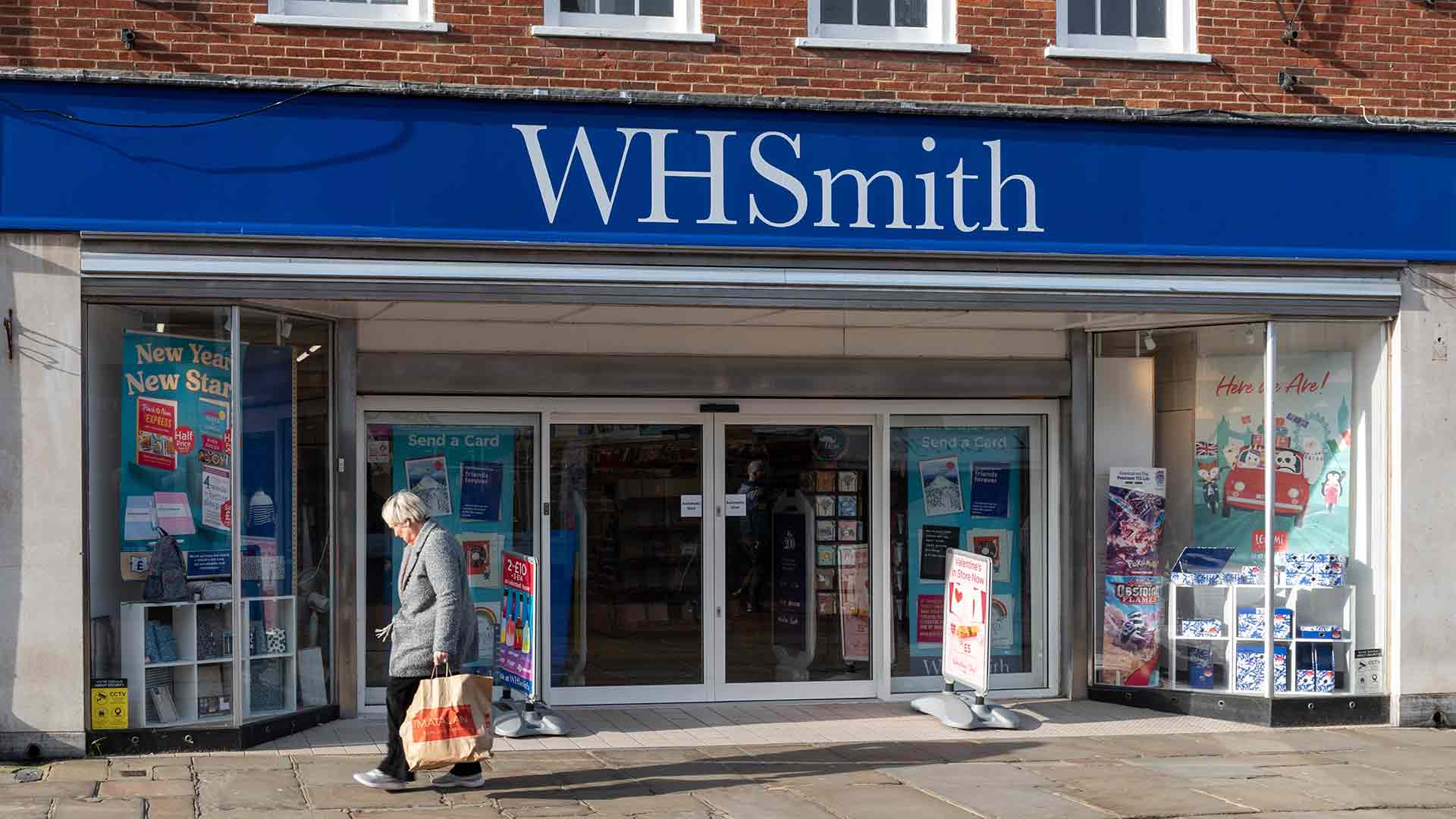Is high-street stalwart WHSmith shutting shop for good?

For as long as I have been at The Bookseller, the future of WHSmith has been up for debate. With the announcement that the high-street division has been placed on the block, it may have finally run out of road.
For those with short memories, WHSmith was once a great nationwide bookseller, its own history interwined with that of the wider trade. At its height, it could make or break books, and many authors and publishers today owe their livelihoods to its ability to shift vast quantities of stock. Today, though, when I asked executives about the sale, not a single one was concerned about the loss of revenue. For some, the closure was simply baked in, with other retailers such as The Works poised to fill the gap.
WHS was founded in 1792 when it opened in London, with the first ever travel shop launched in Euston station in 1848. Its more recent history has been lively: Waterstones owes its existence to WHSmith, and for a while WHS owned it, and then the publisher Hodder Headline. As the veteran retailer Philip Downer shared on social media: “So... HMV and Dillons/Hatchards merged, then WHSmith bought much of Virgin and merged it with Our Price, then WHSmith sold the whole lot back to Richard Branson, then WHSmith sold Waterstones to HMV, then WHSmith bought John Menzies, then Waterstones bought Ottakar’s, then Branson sold Virgin to the management, who rebranded it as Zavvi and then went bust, then HMV sold Waterstones to a Russian investor, then the owners of Barnes & Noble bought the defunct Borders brand, then HMV went into administration, twice, and closed almost all of its shops, then Waterstones was sold to US activist fund managers Elliott, then HMV was saved by Canadian Sunrise Records, then Elliott acquired Barnes & Noble and combined its top management with Waterstones, then Waterstones acquired Foyles and Blackwell’s, then Sunrise made a bid for WHSmith.”
WHSmith was once a great bookseller, its own history intertwined with that of the wider trade
In financial terms, the decline at the high-street unit has been fundamental. Today, WHS trades from 400 high-street stores, generating annual revenue of £450m, but contributing just 15% to group profits. The rest of the business, made up of stores in travel locations across the world, brings in sales close to £1.5bn. Twenty years ago, the high street had revenue of £1.1bn, with travel a relative squib at £300m. Even back then, though, the profit margin of the smaller unit was double that of its larger sibling, setting a trajectory that has reached its final destination.
WHS executives have long argued that this was a managed decline: by asking publishers to pay huge marketing sums to sell their books in its stores, the group was able to survive as a publicly quoted business, when others – Borders UK, Woolworths, Paperchase – could not, and then pivot. But this came at the expense of good bookselling. Last week, close to 100 independent bookshops put themselves forward at The British Book Awards, alongside other thriving book businesses. In ceding its place as a range bookseller, WHS boxed itself into the discount corner, with nowhere to go once The Works, supermarkets and Amazon began to match its offer.
If the brand survives, perhaps that is a victory of sorts. But if you want a sense of the failure at the corporate level, you could do worse than to visit www.whsmith.co.uk/store-locator, which returns a dead page, or, as the error message tells us: “Oops, it looks like we’ve taken a wrong turn!” True dat.















